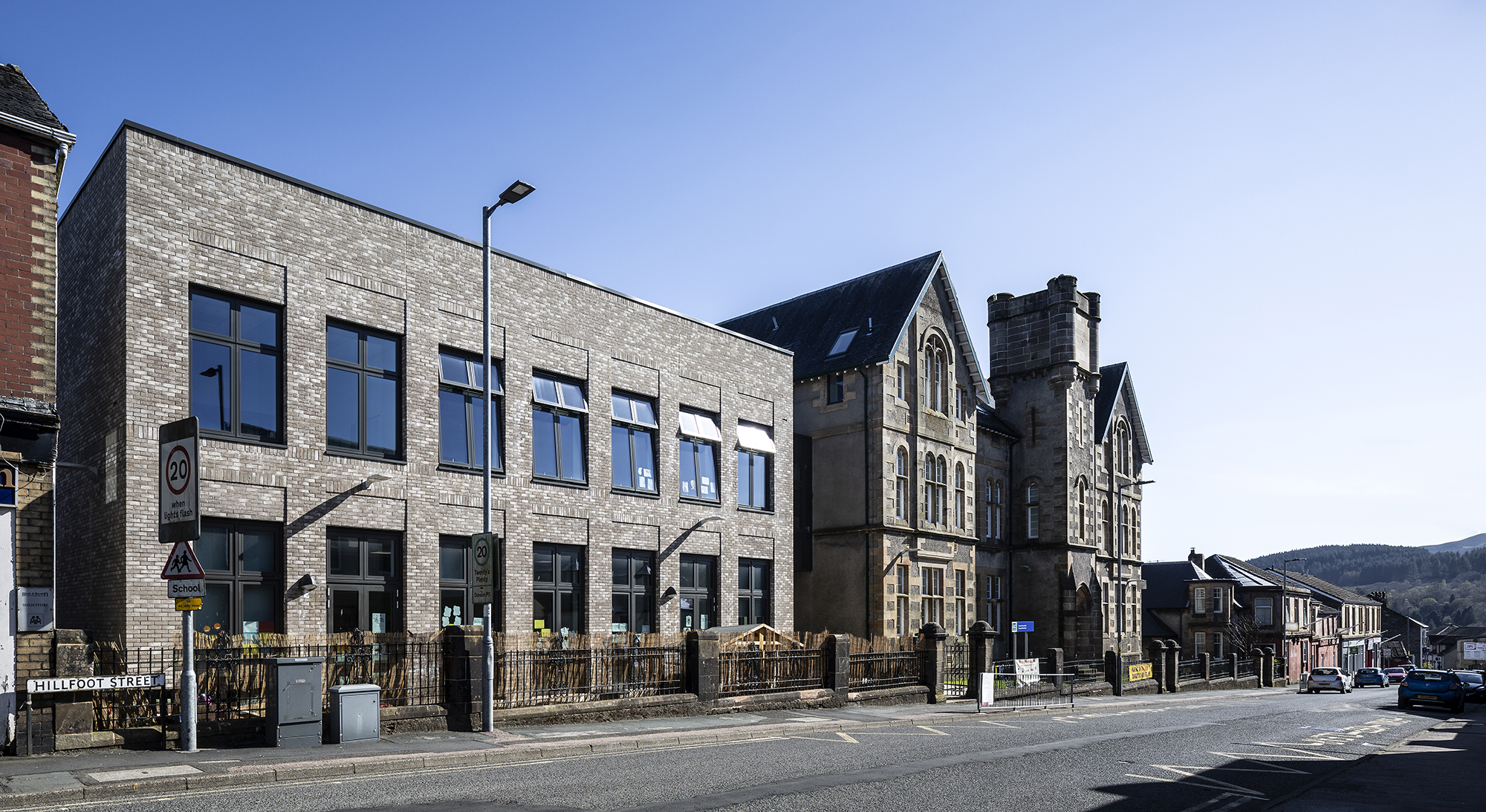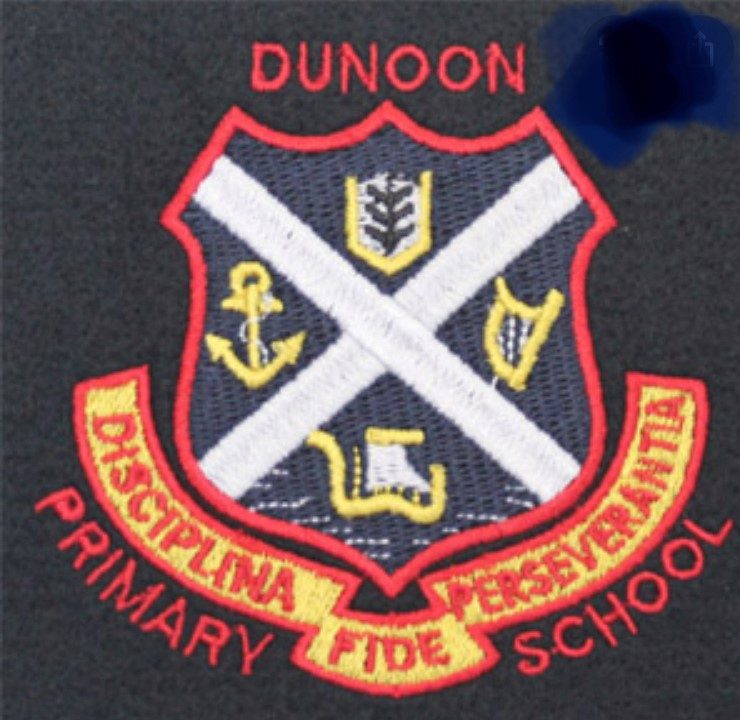Curriculum for Excellence (CfE) is the Scottish National Curriculum which applies to all children and young people aged 3-18, wherever they are learning. It aims to raise achievement for all, enabling children and young people to develop the skills, knowledge and understanding they need to succeed in learning, life and work.
The Four Capacities – the curriculum aims for all children to become:
- Successful Learners
- Confident Individuals
- Responsible Citizens
- Effective Contributors
The Eight Curriculum areas are:
- Expressive Arts – including art and design, dance, drama and music
- Health and Wellbeing – mental, emotional, social and physical wellbeing; PE; food and health; substance misuse; and relationships, sexual health and parenthood
- Languages – listening and talking, reading and writing in English and modern languages, plus classical languages and literacy, and Gaidhlig/Gaelic learners (where available)
- Mathematics – including analysing information, solving problems and assessing risk
- Religious and Moral Education (denominational and non-denominational) – learning about Christianity, other world religions, and developing values and beliefs
- Sciences – understanding important scientific concepts across planet Earth, forces, electricity and waves, biological systems, materials and topical science
- Social Studies – understanding people, place and society in the past and present including history, geography, modern studies and business education
- Technologies – including computing science, food, textiles, craft, design, engineering, graphics and applied technologies
Additional important themes across the curriculum are creativity, enterprise and global citizenship, which include sustainable development, international education and citizenship.
Learning Opportunities
Your child will learn in a variety of different contexts and groups including ability, co-operative and social.
Curriculum Levels
There are national levels to describe different stages of learning and progress. For most children the expectation is:
- Early Level – early learning and childcare to the end of P1
- First Level – to the end of P4
- Second Level – to the end of P7
- Third and Fourth Levels – S1 to S3, with the fourth level broadly equivalent to SCQF level 4
- Senior Phase – S4-S6, and equivalents in other settings, where pupils/students can continue to develop the four capacities and achieve qualifications
The Senior Phase
The Broad General Education in secondary schools continues from S1 to S3. All children will develop an S3 profile that describes their learning and achievement from S1 to S3. During S3 (normally January or February), pupils will be asked to choose the courses that they will follow in S4. It is these S4 choices that lead to national qualifications.
Each school will design a senior phase that best meets learners’ needs, whether that is continuing in school, learning full or part time in college, community learning or work-based learning or a combination of these. For example, it may be possible to pick up specialist subjects and work placements that can help young people get real experience of the industry or sector that interests them.
Each young person will, in practice, have discussions with teachers and Parents/carers to discuss and decide the subject choices that best suit them for the Senior Phase.
Skills for Learning, Life and Work
The development of the skills for learning, life and work are the responsibility of all practitioners and include literacy, numeracy and associated thinking skills; health and wellbeing, including personal learning planning, career management skills, working with others, leadership and physical co-ordination and movement skills; and skills for enterprise and employability.
Through Curriculum for Excellence children and young people are entitled to a continuous focus on literacy, numeracy and health and wellbeing. These skills are essential if children and young people are to gain access to continuous learning, to succeed in life and to pursue a healthy and active lifestyle. The use of ICT underpins these overlapping and mutually supportive skills sets; ICT skills will continue to be developed in a variety of contexts and settings throughout the learner’s journey.
All children and young people are entitled to opportunities for developing skills for learning, life and work. These skills are relevant from the early years right through to the senior phase of learning and beyond.
16+ Learning Choices
16+ Learning Choices is a guaranteed offer of a place in post-16 learning for every young person who wants it. This is the Scottish Government’s model for helping young people to stay in learning after the age of 16.
16+ Learning Choices looks to help reduce youth unemployment in Scotland and to contribute towards economic growth. 16+ Learning Choices seeks to equip all young people in Scotland with the skills and knowledge they need post-school to achieve their full potential and find a positive destination in further education, training or employment. 16+ Learning Choices is seen as an integral part of Curriculum for Excellence.
The Pupils’ and Parents’ Voice
Personalisation and choice is one of the seven principles of curriculum design and children and young people throughout their education will have the opportunity to discuss with their teacher the context in which they learn and how they will approach the learning. Staff will discuss new learning with the children at the beginning of a new topic and plan together the areas of specific focus, e.g. World War 2 – The Battle of Britain. This will be shared with Parents/carers through the homework diary and Parents/carers will be invited to support the learning by sharing resources from home, e.g. a ration book, or by visiting the school to deliver a talk.
Parents/carers will be invited to share comment regarding the planned work for their child at various points throughout the year and are encouraged to feedback comment at any time through their child’s homework diary.
The Curriculum at School, Local and National Level
Parents/carers will receive information about the Curriculum at Parents Evenings throughout the year. Ongoing correspondence, workshops and school visits will also provide parents with advice and information.
Careers Information Advice and Guidance
Through partnership working, schools plan with a variety of organisations to ensure that career information, advice and guidance are an integral part of the curriculum. This provides children and young people with real and relevant learning opportunities that can be applied both in and beyond the classroom.
Financial Guidance
Financial knowledge and understanding is taught in context through the delivery of mathematics and numeracy. From time to time, representatives from local banks visit the school to provide educational workshops and materials to pupils.
Sexual Health and Relationships Education
Sexual Health and Relationships Education is part of Health and Wellbeing. The main areas covered are:
- Respecting themselves and others
- Respecting individual differences
- Ways of expressing and dealing with feelings and emotions
- Ways of keeping safe
- Positive and supportive relationships
These areas are recommended by Scottish Government and are age and stage appropriate.
An effective programme of education about Sexual Health and Relationships is best built on Parents/carers and schools working in partnership and assuming shared responsibilities. We aim to keep Parents/carers informed about the nature and purpose of the learning programme their children will follow, and to seek parents’/carers’ views at appropriate times. Any Parents/carers who do have any questions or concerns should contact the Head Teacher directly.
Drugs Education
In accordance with the Scottish Government guidelines and Argyll & Bute Council Education Department policy and practice, and in common with all Argyll & Bute schools, this school has in place procedures for dealing safely and effectively with drug-related incidents.
Further information can be obtained by contacting the Head Teacher or via www.argyll-bute.gov.uk/social-care-and-health/argyll-and-bute-addiction-team-abat.
Religious and Moral Education
The programme for Religious Education in our school aims to help pupils learn about Christianity and other major world religions and to recognise religion as an important part of human experience. Pupils will also be encouraged to learn from religions and helped to develop their own beliefs, attitudes, moral values and practices through a process of personal search, discovery and critical evaluation.
Please note that Parents/carers have the right to withdraw from religious observance / education. If a parent /carer wishes to withdraw their child from Religious and Moral Education classes or attendance at school assembly or church services they should contact the school and discuss their concerns with the Head Teacher.


